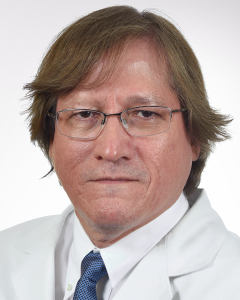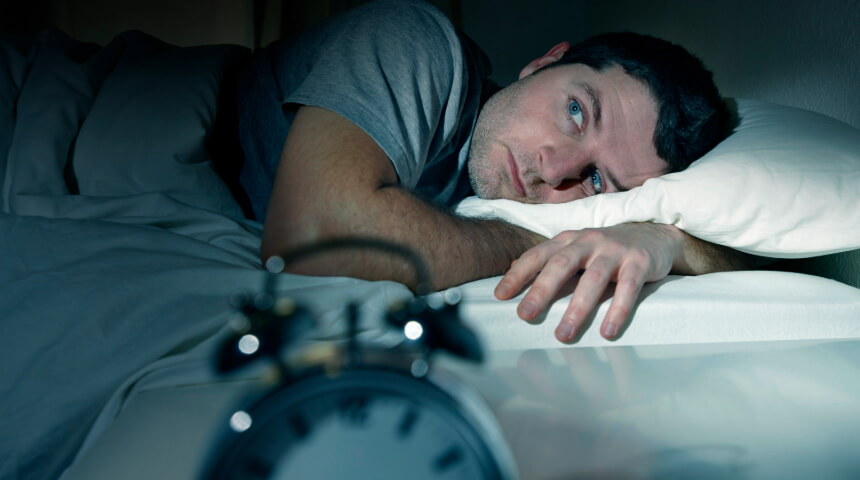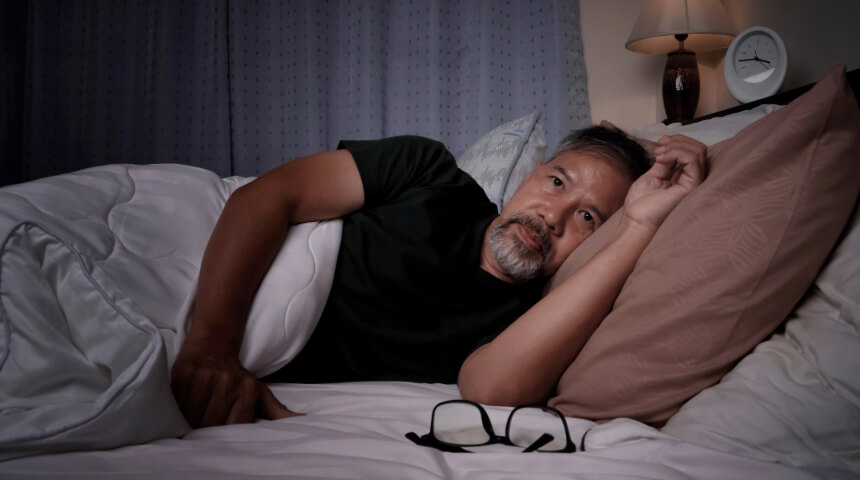Can’t sleep? You’re not alone, and while anyone can have an occasional sleepless night, for others, having difficulty falling or staying asleep can be an every-night problem. The National Institutes of Health (NIH) estimates that 30 percent of Americans have occasional insomnia and about 10 percent have chronic insomnia, characterized by having difficulty sleeping for more than a month. Although anyone can develop insomnia, it affects women more often than men and older adults more than younger people.
Subtle Signs of Insomnia
In addition to obvious signs of insomnia, such as sleeplessness, there are other indicators that occur when you have not gotten enough sleep:
- Waking up too early in the morning
- Waking multiple times at night
- Feeling tired or low-energy
- Feeling sleepy or taking naps during the day
- Not feeling refreshed upon waking
- Having difficulty concentrating and remembering
- Feeling irritable, anxious and depressed
- Having behavior issues such as impulsiveness or aggressiveness
Risk factors for insomnia include having a large amount of stress, feeling depressed or coping with a significant life change, traveling through time zone changes, working at night or having shift changes, and not being active. Medical psychiatric conditions, sleep disordered breathing, and other sleep disorders also may affect your ability to sleep.
Dangers of Insomnia
It’s not just frustrating to lie in bed tired but unable to sleep night after night. Insomnia takes its toll on your body. Your sleep time enables your body to recover and repair. When you drift into the deepest stage of sleep, blood supply to the muscles increases, tissue growth and repair begins, and growth hormones are released. In children, sleep plays a significant role in brain development, and scientists believe sleep affects our ability to learn and remember.
Researchers have found a connection between sleep deprivation and high profile errors, such as the nuclear meltdown at Three Mile Island, the space shuttle Challenger explosion and the Exxon Valdez oil spill. But you don’t have to cause a national disaster to be vulnerable to the ramifications of sleep deprivation—just drive down any highway. AAA found that drowsy driving was a factor in nearly 10 percent of all car crashes—a rate much higher than previously thought.
Diagnosing Insomnia
Sleeplessness isn’t something you should just accept. Your doctor can diagnose insomnia and help you develop a plan for treatment. Doctors can review your medical and sleep history and perhaps do a physical exam and a sleep study to understand how your body behaves at bedtime. It’s helpful to start keeping a record of your sleep patterns (for example, what do your symptoms look like, when did they start, what’s your sleep schedule, what’s your lifestyle like, what does your sleep environment look like) before your visit so you can fully describe your experience.
Problems that contribute to insomnia may be lifestyle related, such as drinking too much caffeine or self-treating with alcohol. Contributing factors also may be associated with bedtime and daytime routines or related to your physical health, such as snoring, pain from other illnesses or a sleep disorder.
Treating Insomnia
Once the cause of insomnia is determined, your doctor can recommend the right type of treatment. This may include lifestyle changes, cognitive-behavioral therapy to help develop new behaviors such as relaxation and biofeedback, or prescription of over-the-counter medicines.
Insomnia affects many people, but it doesn’t have to become a constant companion. If you have symptoms of insomnia, talk with your doctor about what you can do to get good-quality sleep.
Do you struggle from a sleep-related disorder? Orlando Health Pulmonary and Sleep Medicine Group can help.
The Orlando Health Pulmonary and Sleep Medicine Group provides you with a wide array of consultative, diagnostic and therapeutic services for pulmonary or sleep-related disorders.
Request an Appointment










